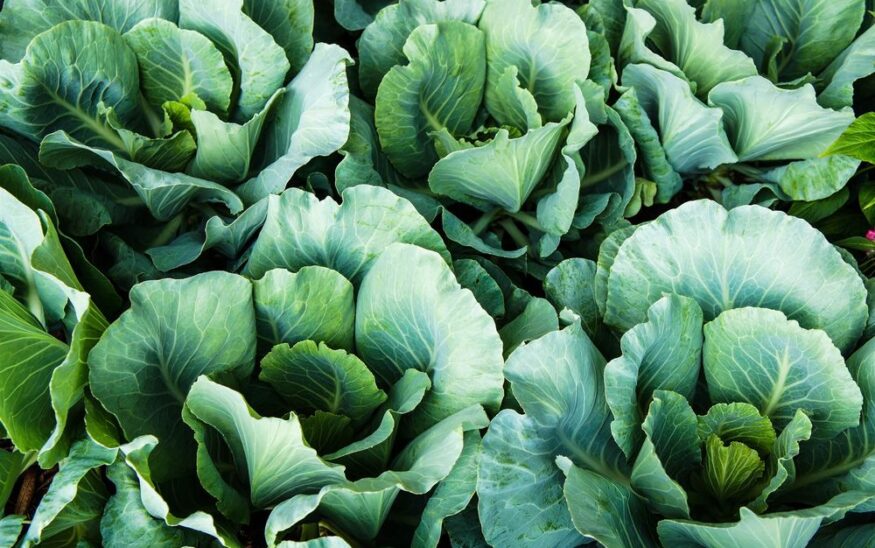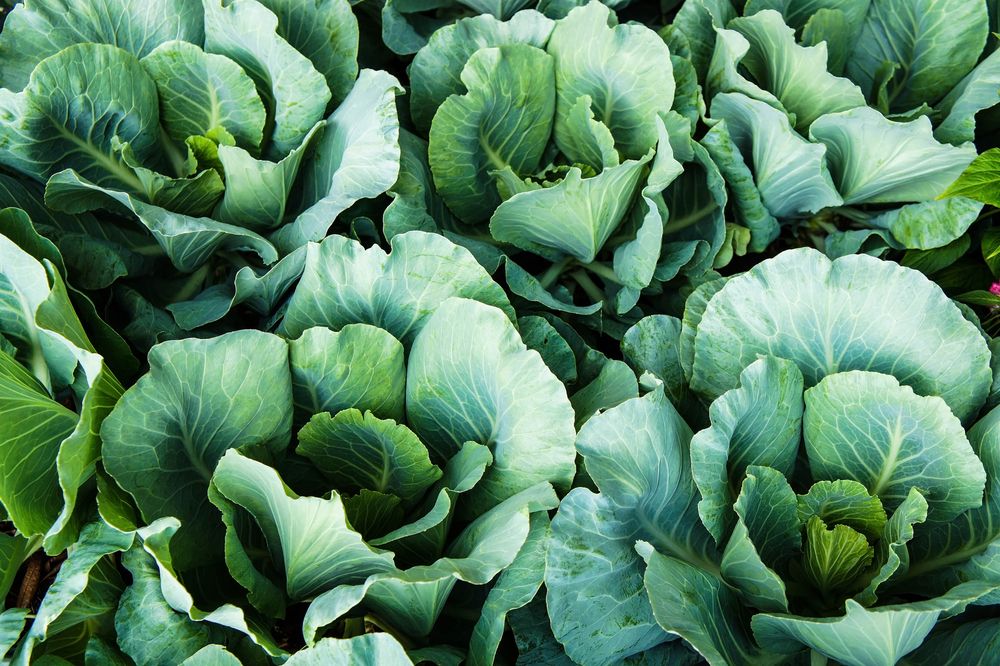Five Fridges Farm is the face of city conservation
It's a model in how Colorado Open Lands’ conservation easements work
Brandy Bertram //October 10, 2016//


Five Fridges Farm is the face of city conservation
It's a model in how Colorado Open Lands’ conservation easements work
Brandy Bertram //October 10, 2016//

Imagine goats grazing, chickens clucking, turkeys gobbling as you look out your back yard past fields of fresh vegetables, while sipping your morning coffee. Now imagine that bordering your view is a suburban subdivision on one side, and high-density, low-income housing on the other.
That’s what’s happening just off 38th and Kipling in Wheat Ridge, all because of one woman’s vision for connecting Coloradans to their food.
When Five Fridges Farm owner, Amanda Weaver, first laid eyes on her now 13-acre working urban farm, she saw the same things her neighbors had for years – the overgrown fields, 100-year-old farm house needing more than a little work, and the odd appliance scattered throughout the property. But Weaver, who has a doctorate in Urban Economic Agricultural Geography, also saw a place where urban students from CU Denver could quite literally connect with their food system.
Seven years later, Weaver’s dream is starting to unfold, thanks in large part to her partnership with Colorado Open Lands (COL), a nonprofit land trust, and the conservation easement that helped make her dream possible.
Today, Five Fridges Farm is a model in land conservation and a great example of how Colorado Open Lands partners with landowners, even in an urban setting, to preserve Colorado landscapes and quality of life, permanently. On Oct. 14, COL will be celebrating land conservation at its annual Q for Conservation event honoring the community of Coloradans, including landowners like Weaver, who make their work possible.
FIVE FRIDGES FARM – A MODEL IN URBAN CONSERVATION
Weaver knows that Coloradans have a decision to make about how much of land and water they use for development, and how much is saved, especially for local food production.
“Food has been grown close to cities for thousands of years,” she says. “Now we’re getting to the point of making critical decisions of either having water for the cities or water for food production.”
Weaver says her Wheat Ridge farm is set up to be a research site allowing students and community members to study a range of urban-agriculture interfaces. The site offers a unique opportunity to engage students in long-term study of sustainable agriculture as well as perform research in environmental science, environmental studies and urban studies.
“My goal is to facilitate an informed conversation about the hard choices facing Colorado communities about water, land, and development before decisions are made without their input,” she says.
Weaver says her conservation easement allows her to focus on her mission without pressure or distraction from development pressures.
“On an educator’s income, there is no way I could have afforded to purchase a market rate property. At best, I’d be trying to piece together the vision with short-term lands leases that are insecure,” Weaver says. “Thanks to the easement, I’m living out my farm education dream on a middle income, and creating a permanent opportunity for my students to do the same.”
COLORADO OPEN LANDS – PARTNERING WITH LANDOWNERS
Colorado Open Lands embraces landowners in its efforts to protect and steward more than 800,000 acres of Colorado’s treasured landscapes – three times the size of Rocky Mountain National Park — by 2025. Through local partnerships and community-based staff and offices, COL is able to achieve this ambitious goal.
The organization is working to enhance Colorado’s quality of life by protecting its most treasured asset: open lands. Since 1981, COL has helped landowners conserve more than 400,000 acres around the state and fostered partnerships responsible for critical innovations in conservation funding, easement defense and more.
Its reach is statewide, including a new office in the San Luis Valley, and plans to soon open a third in Northern Colorado to support local conservation efforts. It is through involvement in these communities and trusted relationships across the state that farmers like Weaver have successfully partnered with COL on community-minded conservation.
Colorado Open Lands is hosting its 10th Annual Q for Conservation event on Oct. 14 to celebrate the efforts of those who have played a fundamental role in supporting land conservation throughout Colorado. The 2016 Champion of the Land Award, which was established to recognize influential individuals who have demonstrated leadership, foresight, and a strong land ethic. For more information about COL’s upcoming Q for Conservation, visit ColoradoOpenLands.org/the-Q-for-Conservation.
Brandy Bertram is Director of Development for Colorado Open Lands, where she works closely with donors to support landowners in the successful stewardship of Colorado’s conserved landscapes.
























